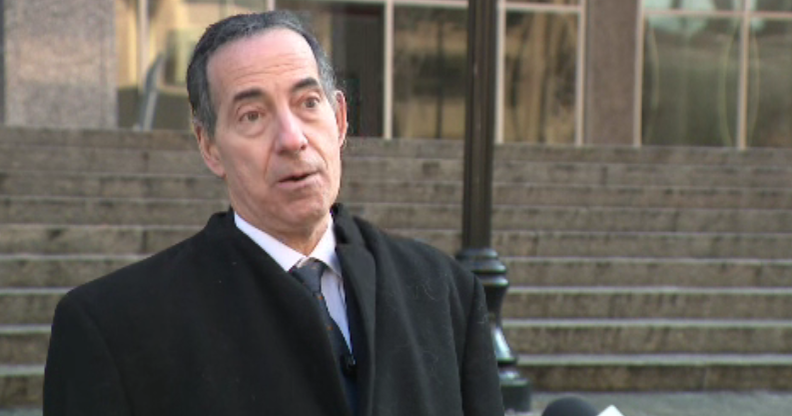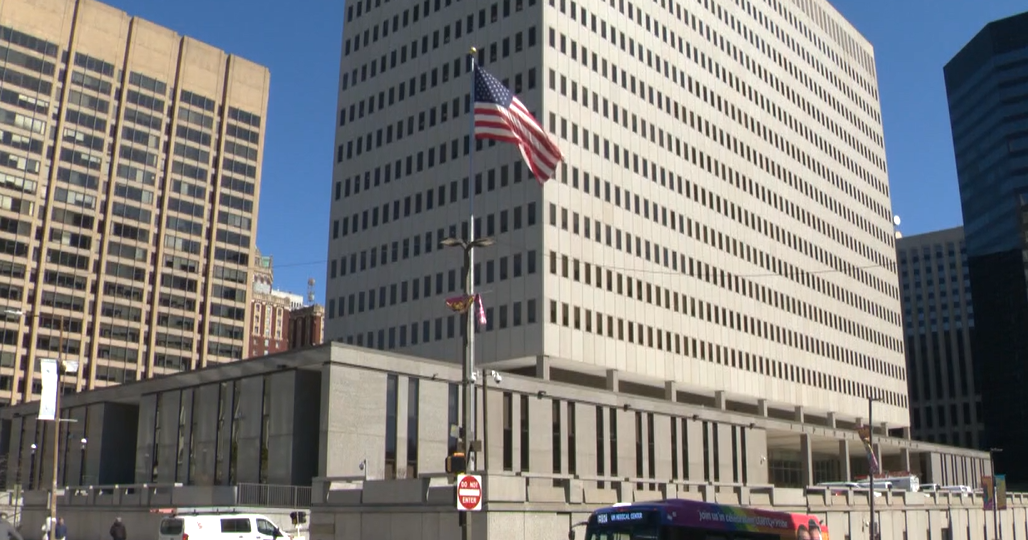Art Therapist Believes In The Healing Power Of Creative Process
Patricia Prugh is senior art therapist and rehabilitation services coordinator at the Trauma Disorders Program/ Sheppard Pratt at Sheppard Pratt Health System, Towson, which treats those with trauma-related conditions such as dissociative disorder and PTSD.
Prugh obtained a B.A. in fine arts and an M.A. in art therapy from George Washington University. She also completed special studies in drawing at the Ecole des Beaux Arts in Paris, France. Prugh lectures frequently both nationally and internationally about her specialty, trauma recovery and art therapy, and she has worked with the homeless in downtown Baltimore many of whom suffer from trauma related conditions.
What inspired you to enter art therapy?
"From the time I was very young, art and art making was a place of refuge and joy which connected me to something bigger than myself. Art teachers along the way validated and encouraged me to pursue my art work. Then, in high school, our health class toured a state hospital during a field trip. In the women's isolation cell area, I watched a naked woman drawing surrealistic images on wooden walls with a stick of charred coal. This indelible image of the power of creative processes and the human spirit, regardless of inner challenges, has stayed with me throughout my career."
How does your educational background relate to your current role?
"As the art therapist for the trauma disorders program, I have opportunities to use my understandings of art and art making from multiple perspectives. Understanding media and the potential for safe expression, creating treatment models tailored to each patient's individual needs, and collaborating with a team of doctors, social workers and nursing staff draws on a broad base of art therapy training."
How has your education helped to further your career and contributed to your success?
"Initially, I took courses in arts administration and fine arts which focused on the basics. The fine arts curriculum gave a deep connection to materials and techniques of art making. The master's level in art therapy provided the tools for developing art therapy programs and projects ranging from inpatient psychiatric group art therapy to community based murals projects in downtown Baltimore."
What is some advice you can offer others looking to go into art therapy?
"To be a good art therapist, one must be deeply connected to the process of art making. Understanding psychology theory and applying that cannot be separated from the art process. I recommend going to the American Art Therapy Association for a complete listing of certified programs if you are interested in art therapy as a career."
Susan Brown originally spent many years in banking/finance before confronting her addictions. She has now been in recovery for 20 years.
Primary interests include metaphysics and energy healing in which she has several certifications. She has written for Examiner.com since 2009 and also writes for Om Times. Sue lives in Baltimore.







